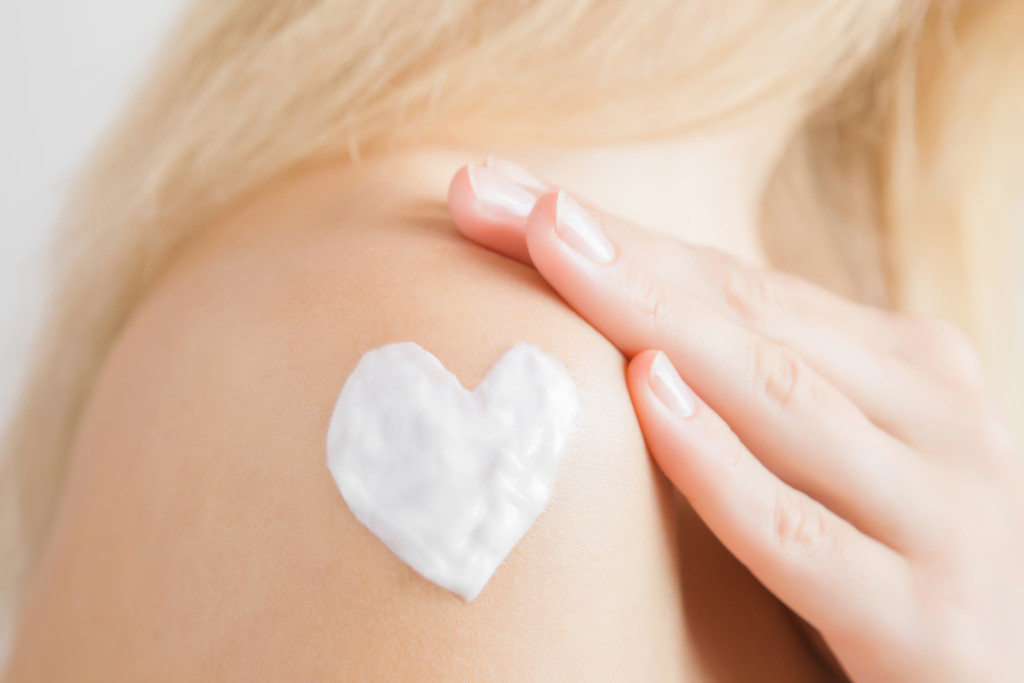There’s nothing more than your skin hates than changing seasons. Whether it’s from hot to cold or from cold to hot, your skin will react when the temperature rises or drops. You will notice how your skin tends to get dry when the weather gets cold or when it gets oily when it’s summer. If you are acne-prone, your pimples are going to act up when the weather gets too hot because your skin will produce more oil than it usually does.
There’s nothing you can do with the weather. Since the world is suffering from climate change, these things will only get worse. You cannot stop the season from changing. Even in tropical countries, your skin is bound to get drier or oilier, depending on if the weather is rainy or sunny. Fortunately, there are ways to deal with your skin problems, no matter how low or high the temperature is.
Vitamins for the Skin
It’s important to take vitamins and supplements not only for your health but also for your skin. Vitamin C, for example, plays a vital role in maintaining your skin’s health. So you shouldn’t only take it to prevent yourself from getting sick, but it is crucial for the production of antioxidants and the decrease of melanin synthesis. It also creates a protective barrier for the skin against photodamage caused by ultraviolet rays from the sun.
But aside from vitamin C intake, you can also use dual-antioxidant vitamin C soap. It brings suppleness and skin-tone balance. Plus, it promotes an even and lighter skin tone for those with a darker shade. If you aren’t getting enough sunlight, you also need to take vitamin D because it is connected to the skin’s metabolism and synthesis.
From Warm to Cold Weather

Your skin will have a hard time keeping its hydration when the climate changes from warm to cold. It will need a lot of fluid intake from you. So, make sure you have a bottle of water with you at all times. The cold wind will start to kick in, meaning your skin will likely suffer from dryness. It will even begin to peel in some places because the cold will make it crack.
Aside from cracking and loss of hydration, your skin can get inflamed because of the lack of fluids, too. This will cause all sorts of skin problems such as acne and redness. You might even notice uneven skin tone on your face because, yes, windburn is a real thing and very possible.
But it’s not the weather alone that creates these problems. Your lifestyle changes, too, when the weather gets cold. Even in tropical countries like the Philippines, the temperature will drop around September to February. As a result, people will take hot showers that will lead to inflammation and dryness.
From Cold to Warm Weather
Of course, your skin will also react when the weather transitions from cold to hot. While warm weather is better for the skin because of hydration, the transition from cold to hot will still harm your skin. You will notice how your skin feels oily and greasy. When this happens, you have to switch your skincare routine for something that’s for oily skin. If you’re using moisturizer for dry skin, you have to pick one for oily skin. Putting moisturizer on your skin when it’s already greasy will not have a desirable effect.
The oil will also get trapped on the surface of the skin. This will lead to redness, acne, and even eczema at some point. When left untreated, it will enlarge your skin’s pores and make it look rough and dull. Although warm weather is great for the skin, spending outdoors under the sun during this time will also create red patches on your skin.
To solve this problem, you need to cool down your room. Air conditioning will help, although it can make your skin dry, too. Another way to address this issue is to use an ice cube on your face before applying the usual toner and moisturizer. The ice will avoid redness, as well as minimize your pores.
The weather has a direct impact on your skin, so make sure you have a skincare routine for when the temperature rises and drops. That transition will wreak havoc on your skin, and when left unaddressed, you will be facing more problems than you originally had. Talk to a dermatologist if you don’t know what to do and how to deal with your skin problems. Make sure you have the skincare products ready for when the weather starts to get cool or warm.




